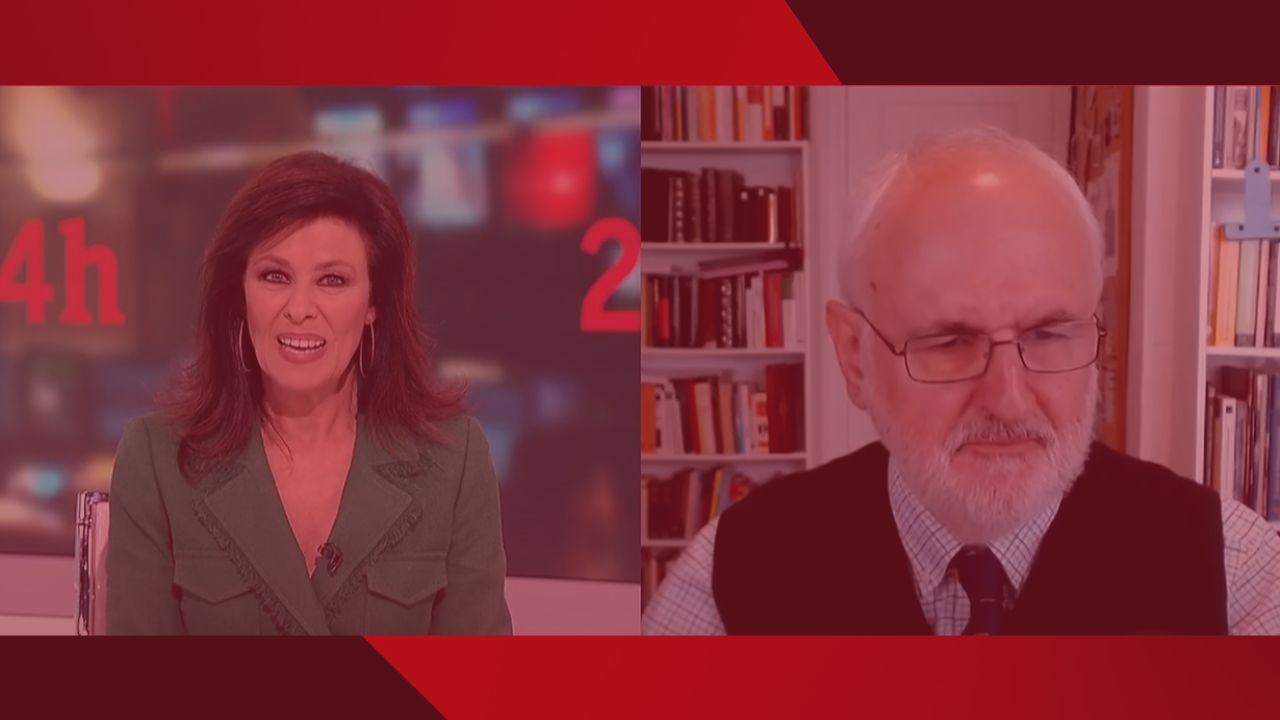Andalucía turned in albis last December certainly not due to the snow, but due to the political situation. In that moment, not many people imagined the surprise that Vox’s irruption would generate in the regional elections. This political party has been, as its name indicates, the voice. Vox has made the greatest echo on mass media, providing the party the service so praised by Salvador Dalí: “It does not matter if they speak right or wrong, what matters is that they talk about me”.
After nearly forty years of a regional Government marked by corruption scandals, the Socialist Party (PSOE) still represents the largest electoral force. However, this time it has obtained the worst results in its history. Surprisingly, little has been said of an issue that could constitute the greatest of victories and, ironically, an enormous defeat: low participation in the elections. A victory for the opportunity it encompasses. Few have taken the necessary time to denounce it. Now is the time to assert a more mature democracy; something that will only happen when society is equally mature. And it is a defeat as it means a widespread rejection towards the political class. The fact that 42 percent of people capable of deciding who would govern in Andalusia does not so do is a sign of little trust in political parties and their electoral programmes; positions towards the different problems of the country that create no real hope. Hence, despite having won the greatest number of seats, the socialists have succumbed to the rise of the right. But the People’s Party (PP) and Ciudadanos do not convince. And even if Vox’s result could look as a triumph, its message has brought it too many enemies.
Faced with such an extended abstention, it is necessary to clarify and differentiate the diverse behaviour of the voter when no option seems good. In purely theoretical terms, the person committed to the country’s policy would opt for the blank vote, which, by disagreement or dislike, does not marry any party. On the other hand, the one who abstains would be the one who has no interest in politics. After this generalization, a great mystery is hidden: those who abstain today are not necessarily the selfless. Given that the blank vote is useless —with a little nuance— abstention increases. As a result, a point is reached where the selfless and dissatisfied are confused, and this constitutes a problem for society and democracy: although the result is the same, the cause is very different. Therefore, it must be taken into account when carrying out a reform in the electoral system.
Believing in change is something that everyone shares; and believing in democracy is something we should all do and, of course, work for. An adequate representation of the blank vote, with appropriately assigned seats —understood as empty— in Congress, as well as in the different regional Parliaments, would create a clear differentiation between those who do not vote because of disinterest and those discordant but committed to the country. Voting blank should be another option for the voter, one as fair and legitimate as the rest. In addition, witnessing a third of the Congress empty may be one of the many steps necessary for the prosperous country that took root in the 1978 Constitution to continue evolving.
Winston Churchill is credited with claiming that democracy is the least bad of all political systems. Agreeing with it, we can also reduce this evil and convince ourselves that there is room for improvement. Perhaps, politicians would then wonder how to reach more people, dialogue more, and distend their positions. We do not need chicken coops and palm trees. What we do need are parliaments, rigor and seriousness. Let’s bet on the future and the common good, for society and for a democracy still to be polished. Although that sometimes implies compromise in certain issues.






